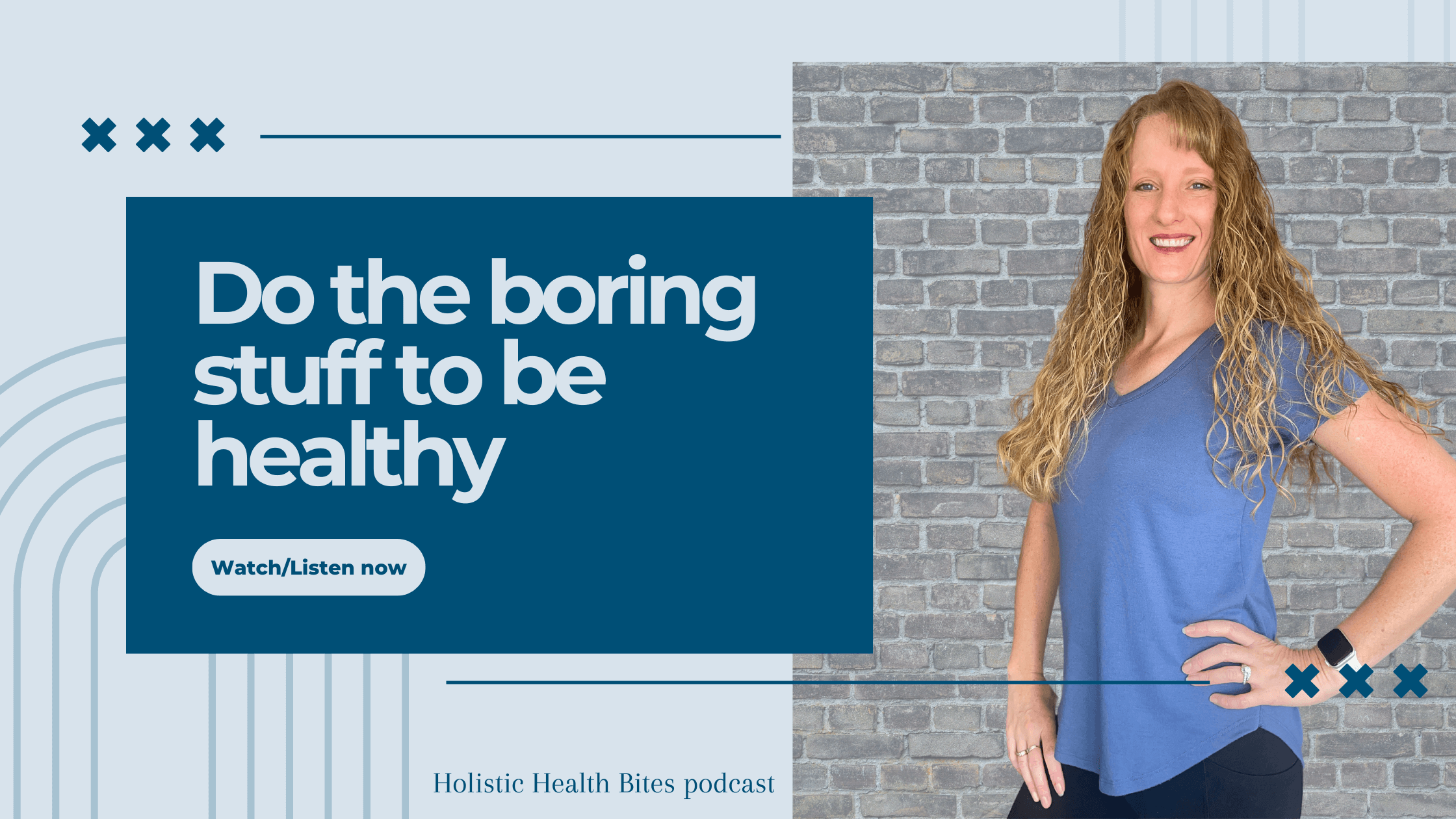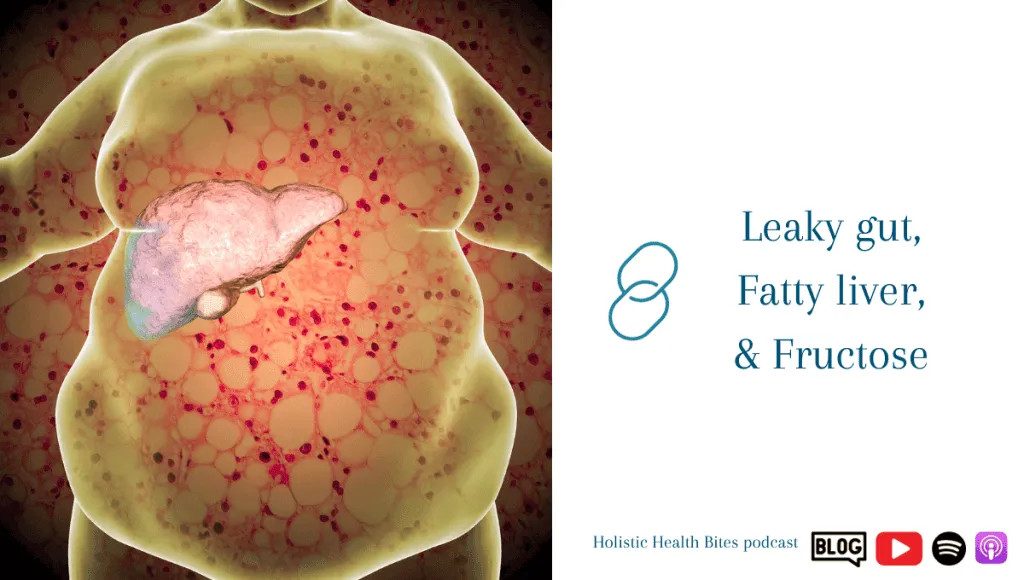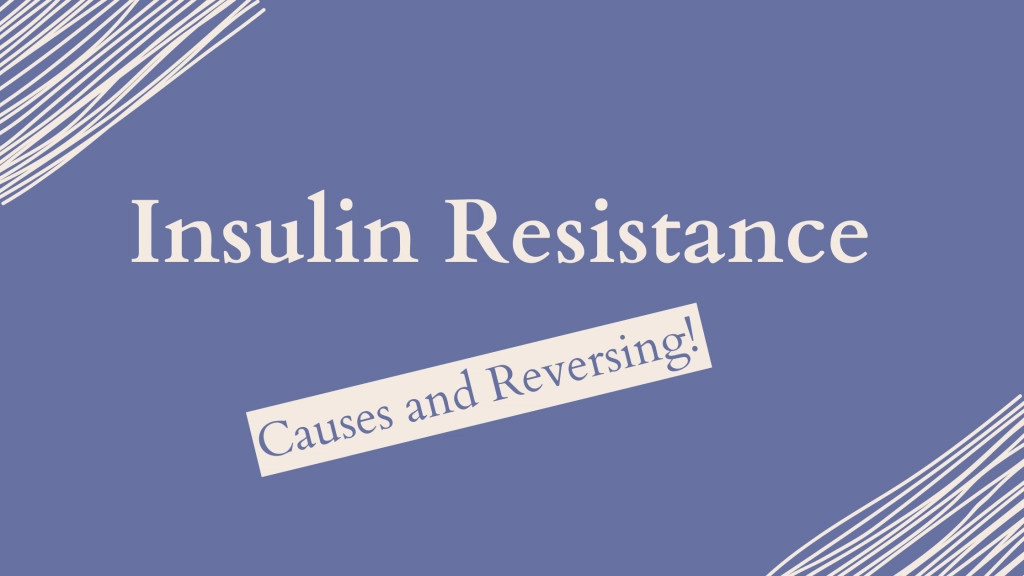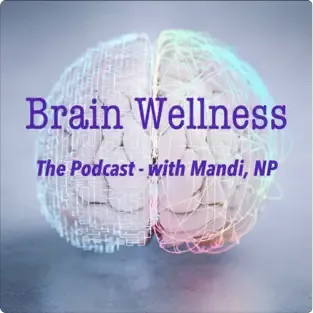
Foundations over Fancy...the boring stuff.
So many people, practitioners as well, want to get fancy with health care….but NONE of the fancy stuff will work if you haven’t mastered the foundations.
What are the foundations? Let’s break down some of the boring things to focus on…
Eating hygiene.
Chewing your food thoroughly, eating slowly, sitting down, undistracted, and being in a rest and digest state. This could not be more boring, but this one habit alone can change so much.
When we don’t chew our food properly, we swallow larger pieces of food that tax our digestive system. This puts a large quantity of food in your stomach before your body has prepared stomach acid and digestive enzymes properly. When you don’t have adequate stomach acid or digestive enzymes, that food stays more whole and therefore doesn’t release the individual nutrients, amino acids and fatty acids for absorption. When we eat while rushing or stressed or we eat too fast, our bodies can’t properly prepare for digestion. This also leads to becoming overstuffed because we don’t allow for enough time to recognize satiety.
Eating can be such a pleasurable part of life - why would you want to rush it? Why would you want to inhale food you don’t hardly even taste? Not only do you not get any pleasure out of that food, you also set yourself up for belching, acid reflux, sleepiness, bloating, constipation, and bacterial overgrowth. This combined can lead to tissue damage, inflammation, chronic infections, ongoing toxicity, leaky gut, and more.
Not only does poor eating hygiene lead to all of these disease dynamics, but when we eat in a distracted and rushed state, we eat FAR more total food (and more lower quality choices) which contributes to disease dynamics, weight gain, and more stress on the body.
To work on this habit, be more mindful. I know, that’s another boring topic and has become somewhat of a buzzword. All being mindful means is being aware…paying attention, focusing, acknowledging the importance of this behavior. When you’re eating, sit down at the table. Don’t look at the TV or electronics. Don’t eat when arguing or right after a stressful event. Take some deep breaths. Be fully present. Eat slowly. Chew thoroughly. Eat only to comfortably full. Allow 4-5 hours or more between meals for your digestive processes to complete all activities. Stop snacking and grazing.
Sleep
This is boring foundational topic number 2. Sleep is difficult for so many people and can be the single factor holding them back from achieving their health goals. Sleep deprivation can come in the form of inadequate total amounts of sleep, inadequate quality sleep, or sleeping at unnatural times. Some of this is unavoidable, but some of it we absolutely have control over. When we don’t get adequate quality and quantity of sleep at the appropriate times daily, all health metrics take a downturn. Insulin resistance increases, immune function decreases, blood sugar rises, cognition and brain function suffers, hormone regulation suffers, stress handling is compromised, and overall body function declines.
Many body functions only occur (or mostly occur) when we are sleeping. This is when the bulk of our repair happens, when a lot of our detoxification occurs (especially for the brain), and when we reset the entire immune and endocrine or hormone system.
One of the main drivers of sleep disturbance is poor sleep hygiene. Watching TV late at night, scrolling on our phones or tablets late at night, doing house work or career work late at night, doing any stressful activity late at night, not setting up our sleep environment properly, ingestion of sleep altering substances (caffeine, THC, alcohol, and other substances), or eating too late at night, just to name a few.
Our sleep environment is critical - dark, cool, quiet, and comfortable. Even tiny amounts of light (alarm clock, charging electronics, night lights, etc) can make tremendous differences in sleep quality. A room or bed that’s too warm can interfere with getting into deep levels of sleep, which make you much easier to wake. Noises, especially those that occur randomly, can clearly wake you up. If you have a noisy neighborhood or other random noise, you might consider using earplugs or a white or pink noise machine. If your bed, pillow, bedding, or other aspects of your bedroom are uncomfortable, invest in making changes so you can be more comfortable.
Turn off electronic devices at least 30 minutes before bed - preferably 1-2 hours before bed to avoid blue light exposure which stimulates your brain, turns down melatonin production, and keeps you from calming down for sleep. Even consider turning down room lights or switching to red or orange tone light at night.
Stop eating 3-4 hours before bed. Digestion of food raises your body temperature which will contribute to you being too warm to fall or stay asleep. Plus, you have far greater likelihood of experiencing acid reflux and/or mouth breathing if you have a full belly when you lay down. Alcohol, caffeine, THC, and other chemicals can interfere with falling or staying asleep. Alcohol and THC are often used to fall asleep and may seem like they’re beneficial, but they alter sleep patterns and prevent proper cycling through the various stages of sleep needed for different purposes.
Incorporate some stretching, breathing exercises, meditation or other wind down and relax activities before bed. Try not to do intense exercise, work, housework or any stressful activities before bed. Reduce or eliminate chemical stimulants or other mind-altering substances that can interfere with sleep quality. Lean into warm teas, hot baths, magnesium, or other nutrients to support melatonin production and sleep quality. For some, even a quick cold plunge can oddly be relaxing.
Sunlight
Sunlight, contrary to popular belief, is vital to health and circadian rhythm function.
Morning sunlight helps with sleep quality and regulation by helping to reset the circadian rhythm and promoting melatonin production at night.
Sunlight helps produce vitamin D which is necessary for bone health, immune function, and overall metabolic health.
Sun exposure has been shown to reduce blood pressure by stimulating the release of nitric oxide.
Sunlight also stimulates proper immune function and can help reduce bacteria and viruses through UV light exposure.
Natural sunlight has been shown in numerous studies to boost mood and reduce seasonal affective disorders. Sunlight and being outdoors in general is great for reducing stress levels and improving happiness levels, especially when in forests, parks or other natural settings. This is also naturally energy stimulating.
Contrary to conventional advice, research has shown that moderate sun exposure can improve skin health and reduce the risk of skin cancer. The cancer risk dramatically reduces when you also eliminate vegetable or industrial seed oils from your diet!
When it comes to sun exposure, aim for first thing in the morning to get at least 10-15 minutes of sun exposure on your bare skin without sunglasses or UV protection. You can also get additional exposure in the middle of the day on your bare skin for additional vitamin D benefits.
Hydration
Water is definitely on the list of boring topics for most people…yet we would die in a very short period of time without water. It’s not just about avoiding thirst or treating thirst. Water makes up the majority of our bodies and is vital for thousands of chemical reactions in the body.
Water is necessary for regulating body temperature, supporting kidney function and filtration, aiding in digestion, boosting energy, for optimal brain function, for healthy skin, proper joint lubrication, necessary for weight management, elimination of toxins, proper muscle function, and for blood pressure regulation. Some of the most common health challenges like headaches, joint pain, heart palpitations, stiffness, blood sugar dysregulation, and low energy can be remedied by improving hydration status.
Hydration isn’t just about water though. It’s also about electrolytes. We’ve been told for decades that we need to watch our salt intake, but salt is made of vital minerals needed for our cells to use the water. Salt gets blamed for what high sodium intake alone does…which mostly comes from processed foods. High sodium intake without the other minerals is the problem. Minerals are required for proper fluid balance throughout the body, are needed for numerous chemical reactions as well as muscle contraction.
Be sure to replenish electrolytes by using a quality Himalayan or sea salt with your food and water, or add in a quality electrolyte product. I don’t recommend products like Gatorade or other sports drinks as they are more artificial ingredients and colors, sweeteners or sugars and not all that much in the way of electrolytes.
If you are craving salt, you need salt. This is a pretty strong biological drive. If you get to the point where things are too salty, you’ve hit your threshold. Only a small portion of the population are truly salt sensitive and see an increase in blood pressure when increasing salt intake.
Nutrition
We literally are what we eat, digest and absorb. Nutrients become your muscles, skin, organ tissues, immune system, and every tissue in your body. When you eat refined, processed, and fake foods, you don’t get those building blocks that are needed for proper body function. That can lead to faster cell turn over or lower quality tissue quality. You wouldn’t want to build your house out of hollow plastic blocks, right? You want steel, wood, and other solid materials. The same is true for your body. If all you provide are the equivalent of plastic blocks, your body will use that, but it won’t hold up well or function properly.
To boost quality nutrition, focus on whole, real natural foods. Pasture raised meat, eggs, wild caught seafood, whole fresh or frozen vegetables, fruits, legumes, nuts, seeds, and dairy…anything that works for your body and current health status. Leave out breads, crackers, sodas, juices, and all the refined and processed foods.
Exercise/Movement
Our bodies were designed to move. This does NOT mean you need a gym membership or a personal trainer, though you certainly can. Physical work, walking, swimming, working around the property, climbing stairs, lifting heavy things, squating, lunging, pushing and pulling, sprinting, dancing…all physical activity counts.
I’m a big fan of using your muscles daily. This can be weight lifting, body weight workouts, resistance training, fighting gravity, or just lifting anything heavy. I’m generally less a fan of endurance activities as they can contribute to the loss of muscle and bone when overdone. The more muscle you have, the stronger your bones are and the more metabolically active your body is. Numerous studies have demonstrated the power of muscle for not only living longer, but also extension of quality of life.
Conclusion
So there you have 6 boring foundations of health. Sure we can get fancy with expensive lab testing, complicated supplement or medical protocols, high dollar medical procedures, and all the biohacking gear…but none of those things will work until you master these foundations. Consistency matters. Implement these boring things into your daily routine just like you brush your teeth every day. That’s also a boring, but vital habit that few adults struggle to do every day.
I’d love to hear from you…what other boring foundational things would you add to this list? What have you found helped you implement some of these things? And what changed for you when you did?
If you struggle to implement these routines, like a lot of us do, accountability really helps. I am considering running a 10 week Metabolic Reset later this year that will focus on all of these foundations. The first 5 people to join will save 50% off the registration fee. If you’re interested, send me an email and I’ll add you to the waitlist.





















0 Comments